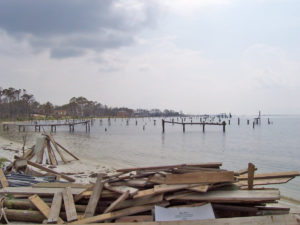How to REALLY Cut Government Waste
One of my right-wing Facebook acquaintances posted “No Virginia you cannot pay back thirty-six trillion in debt by taxing the rich” as a meme (lack of punctuation is his). Then he added this comment: “It’s the Elephant in the room nobody wants to address; how do we pay it back if we are adding to it by 1.8 trillion a year? Any Ideas? Anyone?”
So of course, I jumped in: “Having the super-rich pay their fair share is part of the puzzle. Other parts: 1) Reducing military waste, ending subsidies of fossil fuels, nuclear power, big tobacco, etc. 2) Ending imprisonment of undocumented immigrants who have committed no crime (coming to this country is NOT a crime, under international law) and drastically reducing imprisonment for nonviolent offenses in general. Imprisonment costs more than a university education! 3) Immediately kicking Elon out and freezing DOGE operations. Instead of finding inefficiencies to cut, they are CREATING inefficiencies and huge costs because they haven’t done their research, don’t know what they’re doing, and are closing programs that then have to be reinstated at a high cost over and above the cost of defending undefendable lawsuits, which also doesn’t come cheap. 4) And obviously, don’t extend the tax cuts from his first term. Oh, and by the way, the tariffs don’t save any money. All they do is add to the cost of goods.
If you want to know more, read and listen to people like Paul Krugman and Robert Reich, who have created oodles of documentation over the years. Better still, visit the National Priorities Project, https://www.nationalpriorities.org/interactive-data/trade-offs/, to find the cost of wasteful military spending in your community.”
My answer is tip-of-the-iceberg. There are hundreds of places to cut government waste—but Musk is going about it all wrong, using ideology rather than impact and utterly failing to pay attention to the good these programs do, and the damage to the US that is done every time he eliminates stuff, and the high cost of creating it again under court order. It also scares me that Musk has access to very personal data on government computers. To what ends will he use it? Judging by his history, he’s likely to sell it even though it doesn’t even belong to him. Whether he sells to commercial entities, foreign governments, or vigilante groups, that will not be good news for US citizens who don’t agree with his ideology.

